Mission Possible 2018 blog: The Water Trek
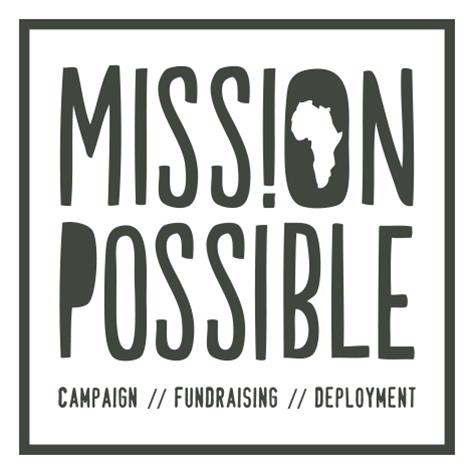
As part of their Mission Possible deployment to Tanzania, volunteers have to experience what local communities go through to get water on a daily basis. This blog, by volunteer Naeem Ahmed, on the first day of the 2018 deployment highlights the shock that young people from the UK experience when they join locals on their daily water trek.
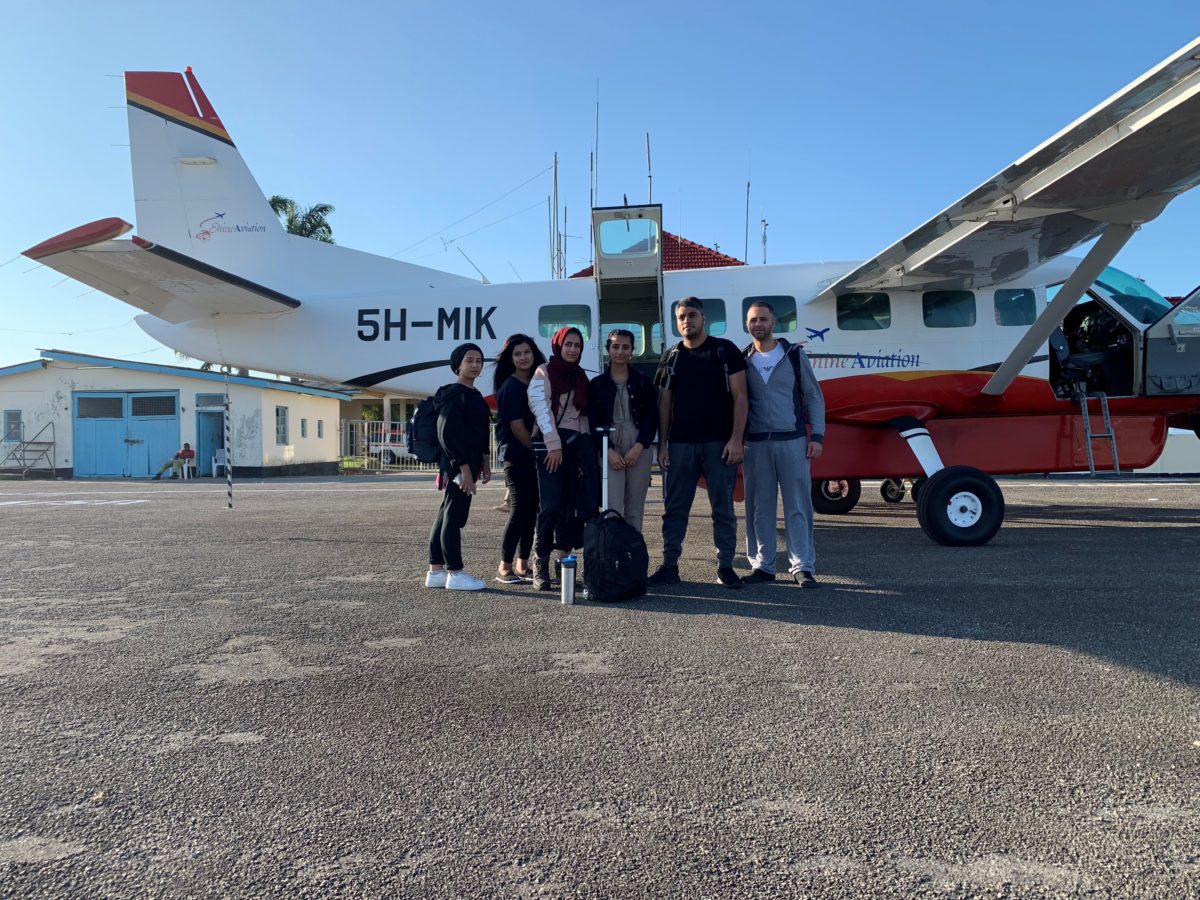
The accommodation for our stay is at the Islamic Help residence, where we’ve all been allocated one room between two people. This is basic accommodation where the Islamic Help team stay while living in Tanzania.
Rather than stay in a hotel and use extra funds, Islamic Help has tried to make it as cost effective as possible so we can use all of our money raised on our charity projects.
Today we woke up at 7am, had breakfast and departed at 8am for a remote location around an hour away in Tanga. We were welcomed by the whole village who were awaiting our arrival.
They started singing and dancing for us, to make us feel welcome and let us know they were happy for us to visit their village. The objective of today was to find out where they source their water from and how far they have to travel daily to get it. The second objective was to talk to the all the members in the community to find out how we can help them in all aspects of their daily life.
This is called the CPA, (community project assessment) so we can assess everybody’s need in society, ranging from the children to the elderly.
WATER
We embarked on our journey to get water shortly after meeting all the villagers. We all took one bike each which held two empty tanks each. We pushed the bikes as they didn’t have any brakes installed and we had to divert down a dirt track to go directly to the source of water.
After 30 min of walking in the blazing sun, and down a dirt track in the forest, we finally reached the source of water which to our surprise was absolutely filthy. We went straight down into the stagnated pond and started filling up the tanks of water.
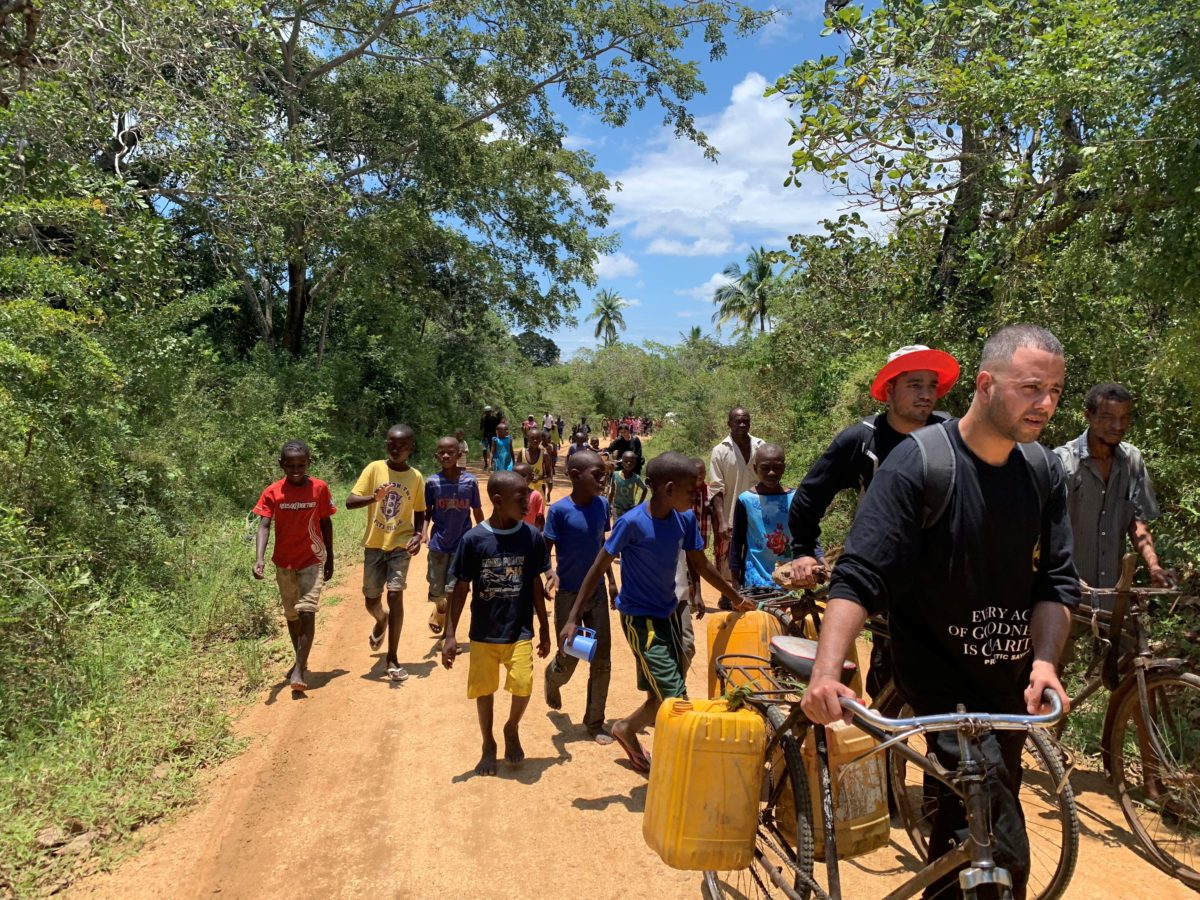
When we were filling up the tanks you could see how dirty the water was that we were filling up. This was heart-breaking to see how dirty the water was and the small children were drinking it as we were taking it out.
After pushing the bikes back to the village, which took us longer on our journey back due to the weight of the water tanks, we were absolutely drained. One of the volunteers was actually on the verge of fainting! This is when the reality hit us, that these poor people have to make this journey everyday just to get some dirty water which will make them ill by drinking it.
Once we got back to the village, the whole community was waiting for us and singing and dancing again to make us feel welcome and thanking us for bringing the dirty water back.
CPA
We then sat down and started the CPA and started discussing the main issues in the village, one of them obviously being the dirty water.
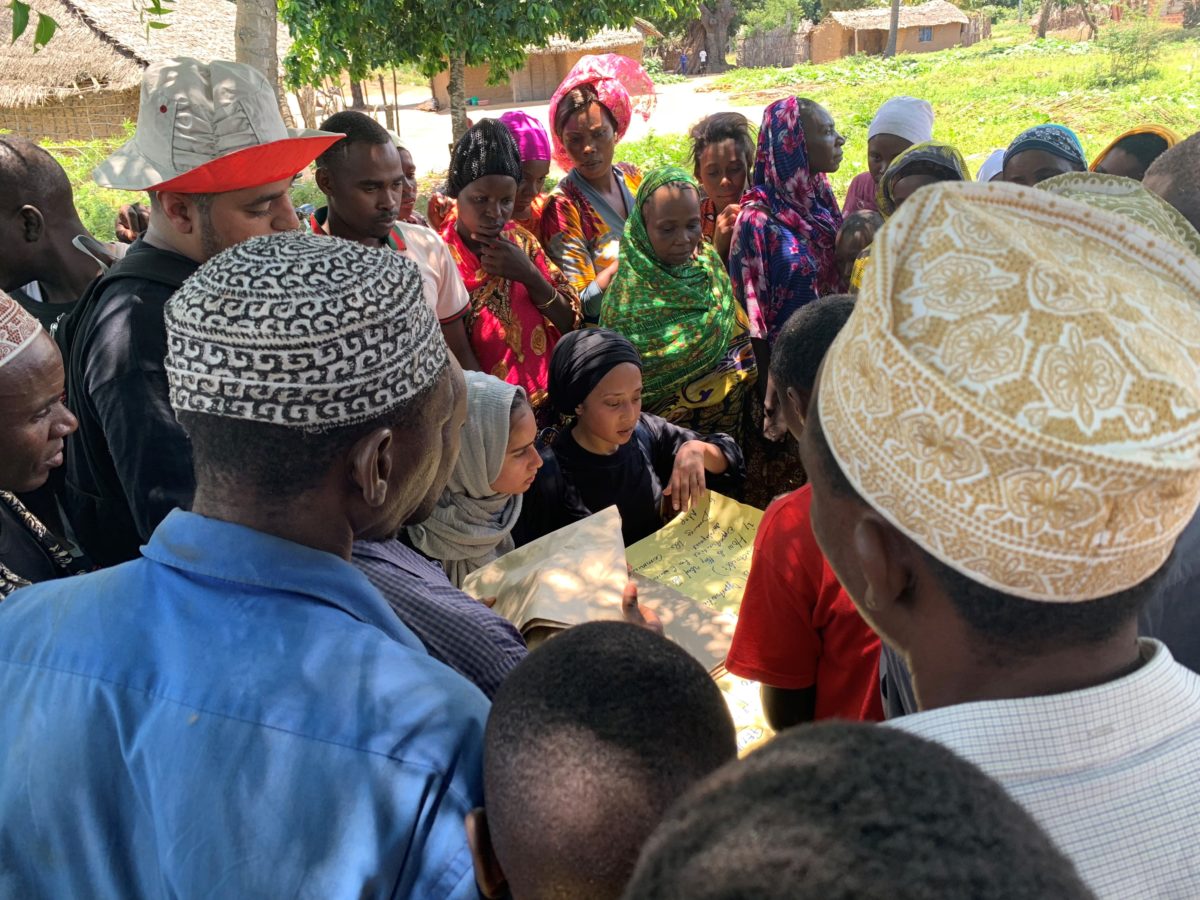
There were 5 issues which were elaborated on:
• the water
• sanitation
• education
• electricity
• medical care.
They were suffering with all of these issues, yet still had a smile on their faces. What was most shocking was that these villagers had nothing, yet were still grateful for everything they had.
I think the things which really touched me the most was the kids - they had to travel to a classroom which had no windows or doors. No food for lunch, only when they got home.
But the most heart-breaking fact was that it took them 1&12; hours to get there and 1&12; hours to get back. Bearing in mind they didn’t even have shoes, this was absolutely heart-breaking. On top of that, they had no stationery, uniforms or even books. Which kid in their right mind would want to go school?
Bearing in mind these children are the future for their village, it’s essential they educate themselves so they can improve their standard of living as they grow. But they have not been given a fair opportunity to progress and have such a disadvantaged start to life, which really does make you feel grateful for being born and raised in the UK.
WORK
The population of the village is approximately 1,500, a third of them being working men who can work in a farm during the day to bring home food for the whole village.
The others are children, women and the elderly who are unable to work due to school, getting water or just being too old to travel so far and work.
What really hit me is that of these people in the village, only a third of them are capable of working and secondly they are working just to bring home food to eat for today. They told us they rarely have any extra food to sell to make a bit of extra money or any other means of making money. So they’re working just to eat for today and not working for tomorrow.
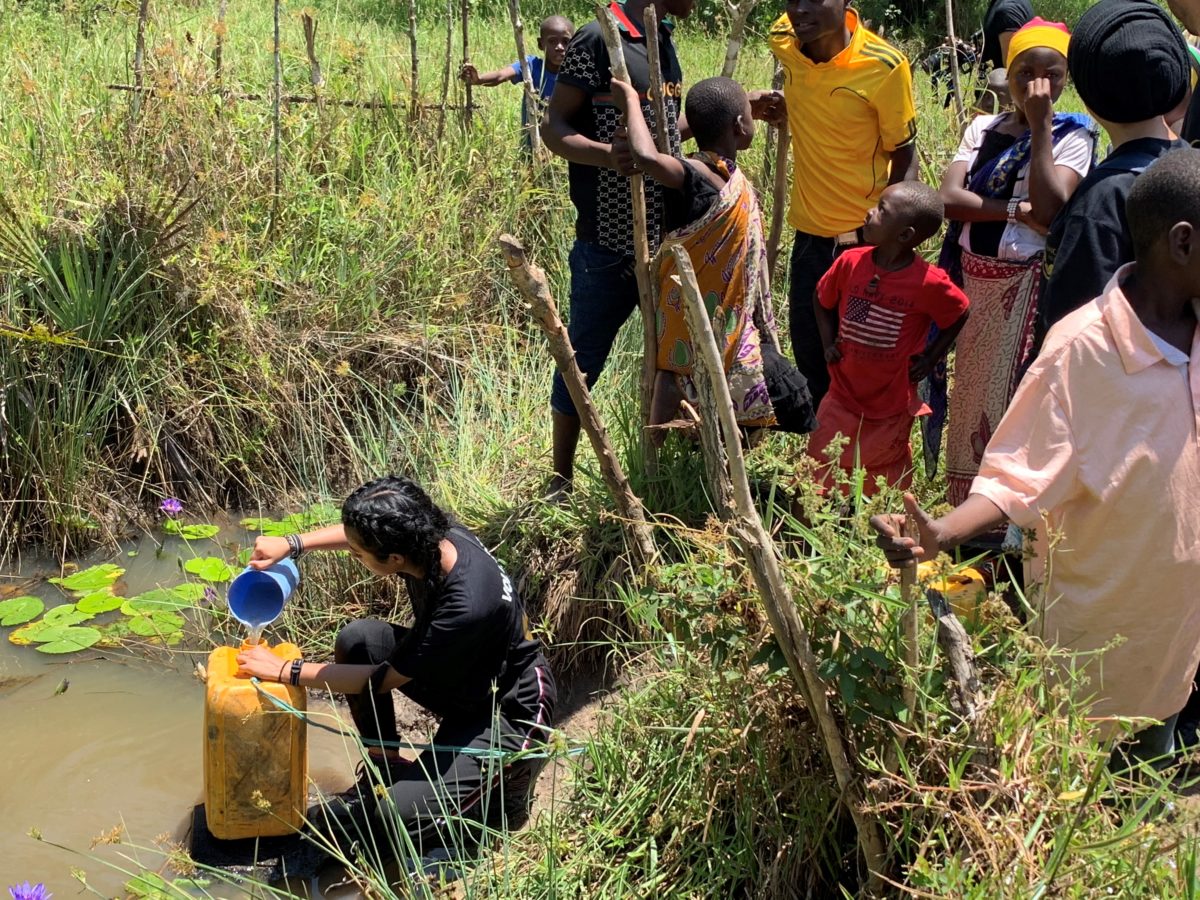
The kids are suffering with no food at school and having to commute barefoot for 1&12; hours. The adults are working just to put food on the table and the elderly cannot work and are depressed by the lack of resources available to them.
These were the highlights for me and I will do whatever I can in my power to give these villagers, especially these lovely children a better life.
Insha’Allah if we can tackle the water issue and provide them with equipment and transport facilities that make their life easier and the children with a better school, that will complete my mission for my stay in Tanzania.
We are here to make a difference and Insha’Allah it will happen if we carefully plan to provide a sustainable plan to help improve all aspects of the village.



